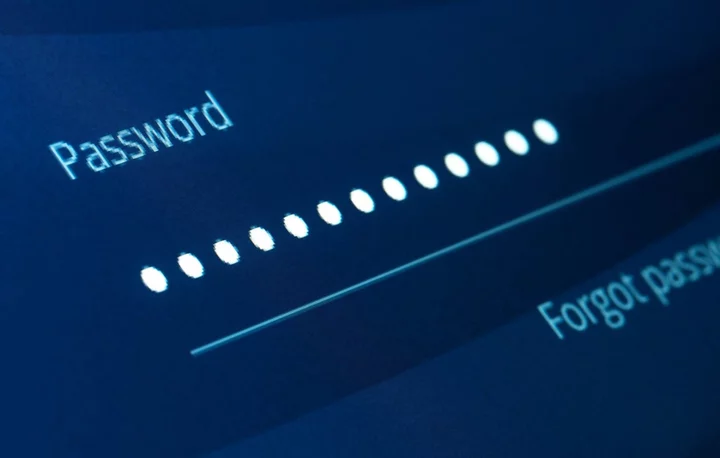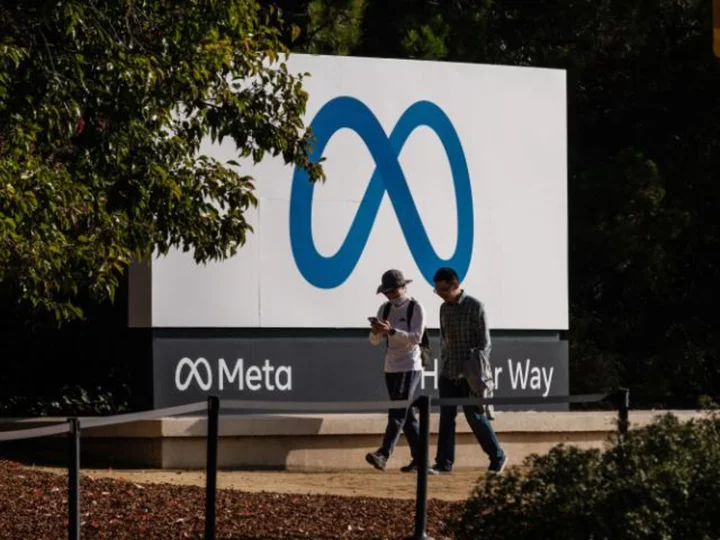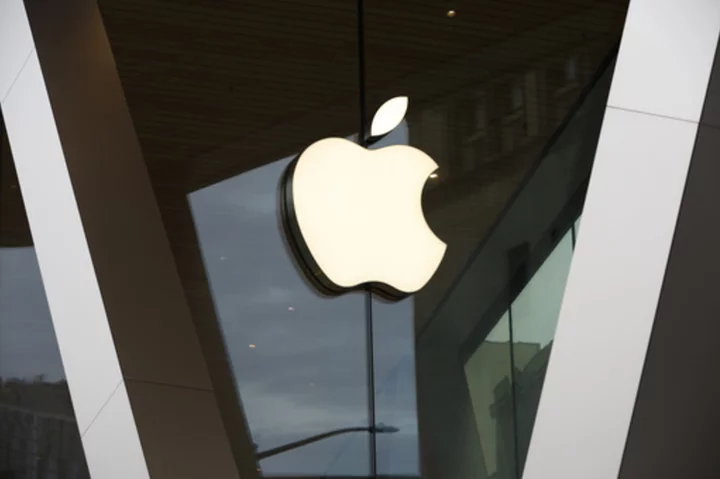Google has announced that its apps and services will now be “passwordless by default” in an effort to make all users switch to passkeys.
The move is part of a broader consensus among the tech industry to ditch passwords, which have been around since the 1960s, and switch to a safer and more efficient format to verify a person’s identity.
Passkeys combine a code with biometric information like a fingerprint or facial recognition, making them easier to remember and harder to be stolen.
Google apps like YouTube, Search and Maps all support the new format after it was first introduced earlier this year, though take up has been slower than expected.
The tech giant said the push to get users to adopt passkeys coincided with Cybersecurity Awareness Month, claiming that the new technology is faster and more secure.
“They are 40 per cent faster than passwords – and rely on a type of cryptography that makes them more secure,” Google product managers Sriram Karra and Christiaan Brand wrote in a blog post explaining the move.
“We’ll continue encouraging the industry to make the pivot to passkeys – making passwords a rarity, and eventually obsolete.”
Google users who do not already use passkeys will receive a prompt to set one up the next time they sign into their account.
Passkeys have already been enabled by other online platforms, including eBay and Uber, as the tech industry looks to completely transition away from traditional passwords.
“We’ve seen great results from launching passkeys across our apps and encourage all users to adopt passkeys,” said Ramsin Betyyousef, a senior director of engineering at Uber. “Ultimately this is a win-win for Uber and Uber’s customers.”
Google, which counts billions of users across all of its platforms, acknowledged that “new technologies take time to catch on”, and have therefore given people the option to temporarily opt out of passkeys and use passwords wherever possible.
The company did not set a date for when passwords will be phased out entirely, but some security experts contend that their death is inevitable while hackers continue to exploit their vulnerability.
Helping implement the transition is the FIDO (Fast Identity Online) Alliance, which has been working with Apple, Google, Microsoft and hundreds of tech companies to develop the new login standard.
“The complete shift to a passwordless world will begin with consumers making it a natural part of their lives,” said Alex Simons, who heads Microsof’s Identity Program Management team.
“By working together as a community across platforms, we can at last achieve this vision and make significant progress toward eliminating passwords.”
Read MorePixel 8: Google unveils ‘AI-centred’ iPhone rival
Google to trial AI in UK traffic light systems to reduce stop-and-go emissions
Pixel 8: Google unveils DeepMind-powered iPhone rival
China’s discovery of never-before-seen ore could propel battery technology









